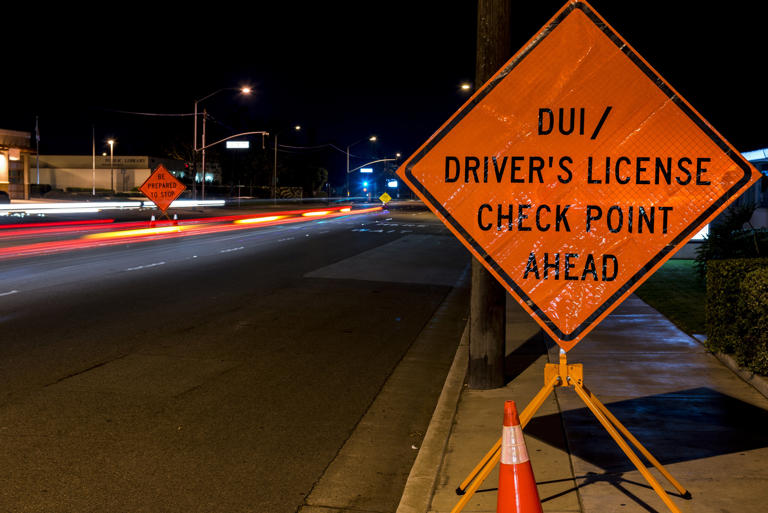
If ever there was a serious misdemeanor charge that affects people of all ages and socioeconomic backgrounds, it’s a DUI – Driving Under the Influence. Attorney Alan J. Levine began his legal career as a prosecutor with the Cobb County Solicitor General. During his time with the Solicitor, he also served as the DUI Court Prosecutor.
Now, Alan focuses more than 50% of his practice defending regular people just like you caught in a bad situation. From Administrative License Suspensions to full blown jury trials, he works to get his clients the best possible results. With a broad and deep knowledge of the law, as well as the people involved in your case – the police officers, prosecutors and judges – you’ll be in capable and caring hands. Call him at The Law Office of Alan J. Levine, Georgia DUI & Criminal Defense at 770-870-4994.